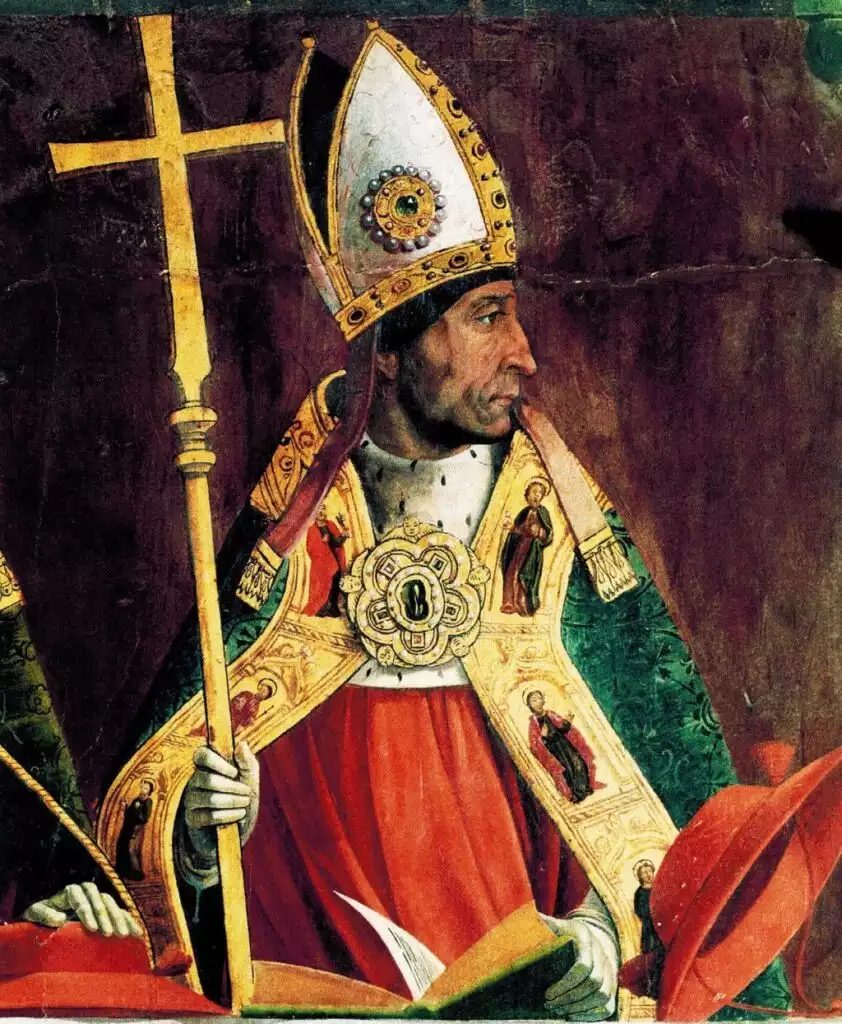
Ximenes of Cisneros, born Gonzalo Jiménez de Cisneros in 1436 and passing in 1517, remains a pivotal figure in Spanish history. Esteemed as a cardinal and statesman, his influence profoundly shaped the Spanish Inquisition and the founding of the University of Alcalá. His complex legacy intertwines ecclesiastical dedication with political acumen, marking him as a prominent architect of Spain’s religious and educational landscape during a transformative era.
Early Life and Ecclesiastical Ascension
Gonzalo Jiménez de Cisneros, later known as Ximenes of Cisneros, began his remarkable journey in 1436, born in the Kingdom of Castile. His early years, characterized by deep religious fervor, set the stage for his eventual ascension within the Catholic Church. His education, initially in the realm of theology, paved the way for his later achievements. Cisneros’ commitment to ecclesiastical pursuits saw him rise through the church hierarchy, eventually leading to his appointment as Archbishop of Toledo, a pivotal role in Spain’s religious governance.
This period also marked the beginning of Cisneros’ influence on Spanish politics. His unwavering dedication to the Catholic faith intertwined with his political activities, culminating in his instrumental role in the Spanish Inquisition. His actions during this time reflected a complex blend of religious conviction and political strategy, underscoring his multifaceted role in shaping Spain’s historical narrative.
Role in the Spanish Inquisition and Religious Reform
As a cardinal, Ximenes of Cisneros played a central role in the Spanish Inquisition, a movement aimed at consolidating Catholic orthodoxy within Spain. His involvement in the Inquisition was marked by a rigorous approach to religious conformity, significantly impacting the religious landscape of Spain. Cisneros’ efforts were not limited to enforcing doctrinal purity; he also embarked on ambitious religious reforms, seeking to revitalize the spiritual and moral standards of the clergy and laypeople alike.
These reforms were indicative of Ciseneros’ broader vision for the Catholic Church in Spain. He advocated for a disciplined, educated clergy, and his policies led to significant changes in ecclesiastical training and practice. Cisneros’ commitment to religious education was further exemplified in his founding of the University of Alcalá, a landmark institution that became a beacon of theological and humanistic studies. His vision for the university reflected his broader goals of intellectual rigor and spiritual renewal, setting a new standard for educational excellence in Spain.
Establishment of the University of Alcalá
In his quest to reform the Church and society, Ximenes of Cisneros established the University of Alcalá in 1499. This institution emerged as a center for theological and humanistic learning, reflecting Cisneros’ vision of blending religious education with classical studies. The university rapidly gained prominence, attracting scholars from across Europe. Its unique curriculum and emphasis on humanistic studies alongside theology contributed significantly to the Renaissance in Spain. The Complutensian Polyglot Bible, a monumental scholarly achievement of this period, was a direct outcome of Cisneros’ patronage, symbolizing the blend of intellectual rigor and spiritual devotion that characterized his approach.
Legacy and Influence
Ximenes of Cisneros’ legacy extends beyond his immediate lifetime. His contributions to the Spanish Inquisition and the religious reforms he implemented had a lasting impact on Spanish Catholicism. The University of Alcalá became a model for other European institutions, influencing educational practices far beyond Spain’s borders. Cisneros’ blend of political acumen and spiritual leadership left an indelible mark on the history of Spain, positioning him as a key figure in the narrative of the Spanish Renaissance and the Catholic Reformation.
Ximenes of Cisneros, as a cardinal and statesman, played a crucial role in shaping the religious and educational landscape of Spain. His involvement in the Spanish Inquisition, commitment to religious reform, and the establishment of the University of Alcalá highlight his multifaceted impact. His legacy, characterized by a blend of intellectual vigor and deep religious conviction, continues to be recognized as a significant contribution to Spanish and European history.
References
- British Museum. “Francisco Jiménez de Cisneros.” Accessed December 16, 2023.
- Encyclopedia Britannica. “Francisco Jimenez de Cisneros.” Accessed December 16, 2023.
- Oxford Bibliographies. “Ximenes of Cisneros.” Accessed December 16, 2023.
- Rummel, Erika. “Jimenez de Cisneros.” Archive.org. Accessed December 16, 2023.
